Organizational Behaviour Report: Teamwork, Technology and Homebase
VerifiedAdded on 2023/04/22
|13
|541
|310
Report
AI Summary
This report delves into the realm of organizational behaviour, focusing on teamwork dynamics and the influence of technology within the context of Homebase. The report begins by defining group formation, outlining the stages involved (forming, storming, norming, and performing), and highlighting factors that contribute to effective teamwork, such as diversity, communication, and leadership. It then explores how technology, including emails, mobile phones, laptops, and groupware, enhances team functioning by facilitating communication, data access, and collaboration. The conclusion emphasizes the importance of teams in achieving organizational goals, the various stages of group formation, factors affecting team effectiveness, and the significant role of technology. The report is supported by references to relevant academic literature.
1 out of 13
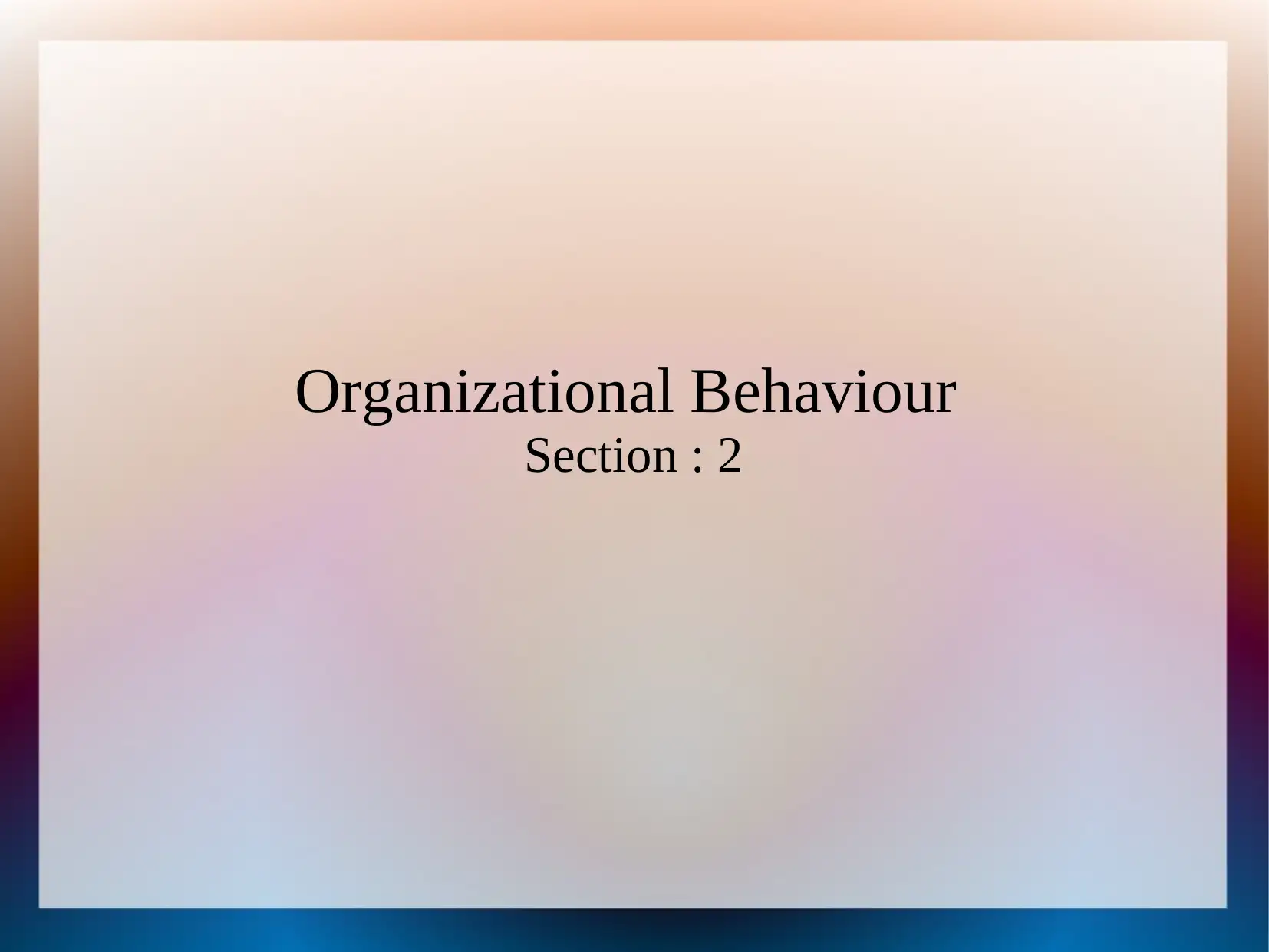
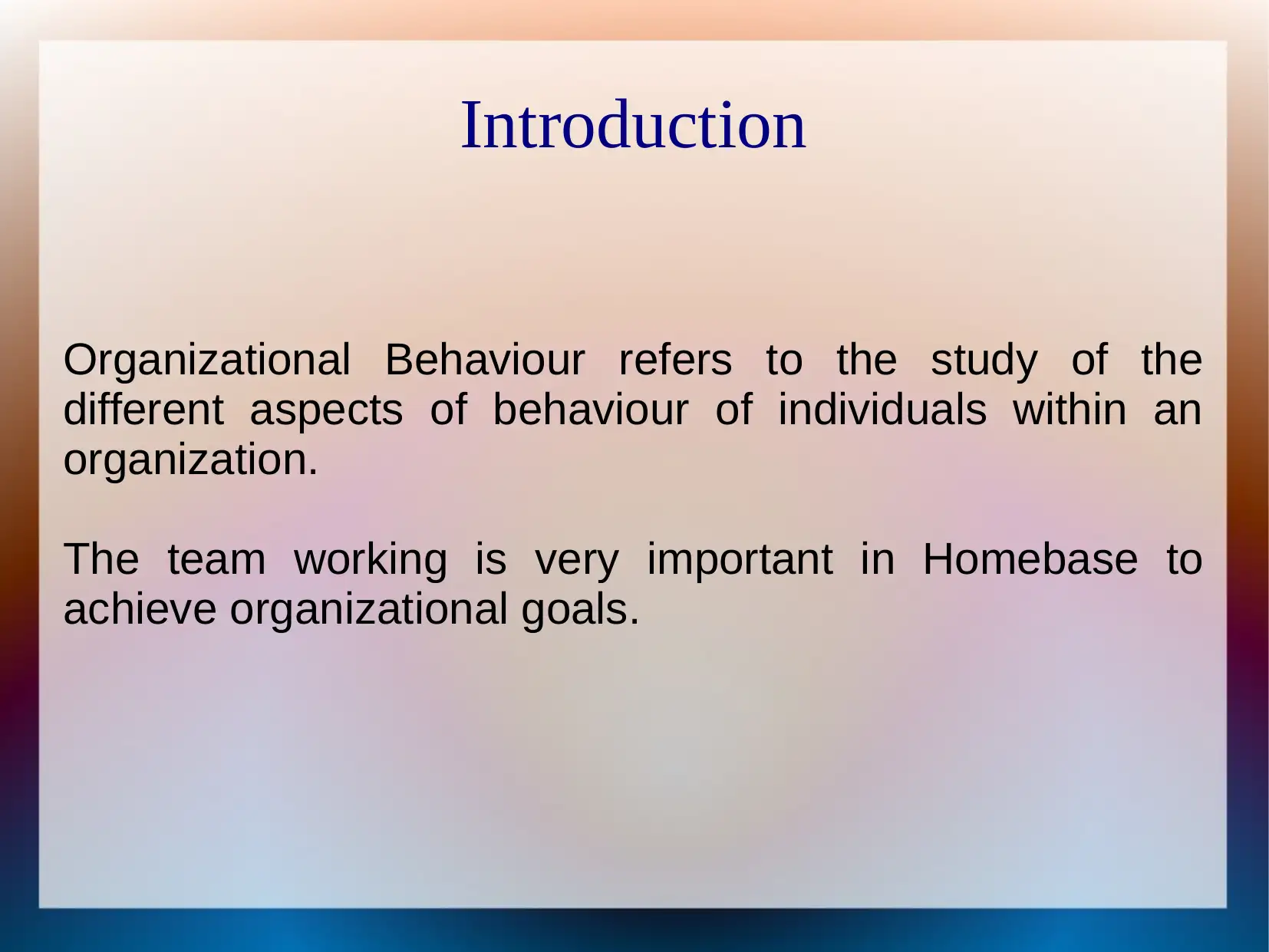
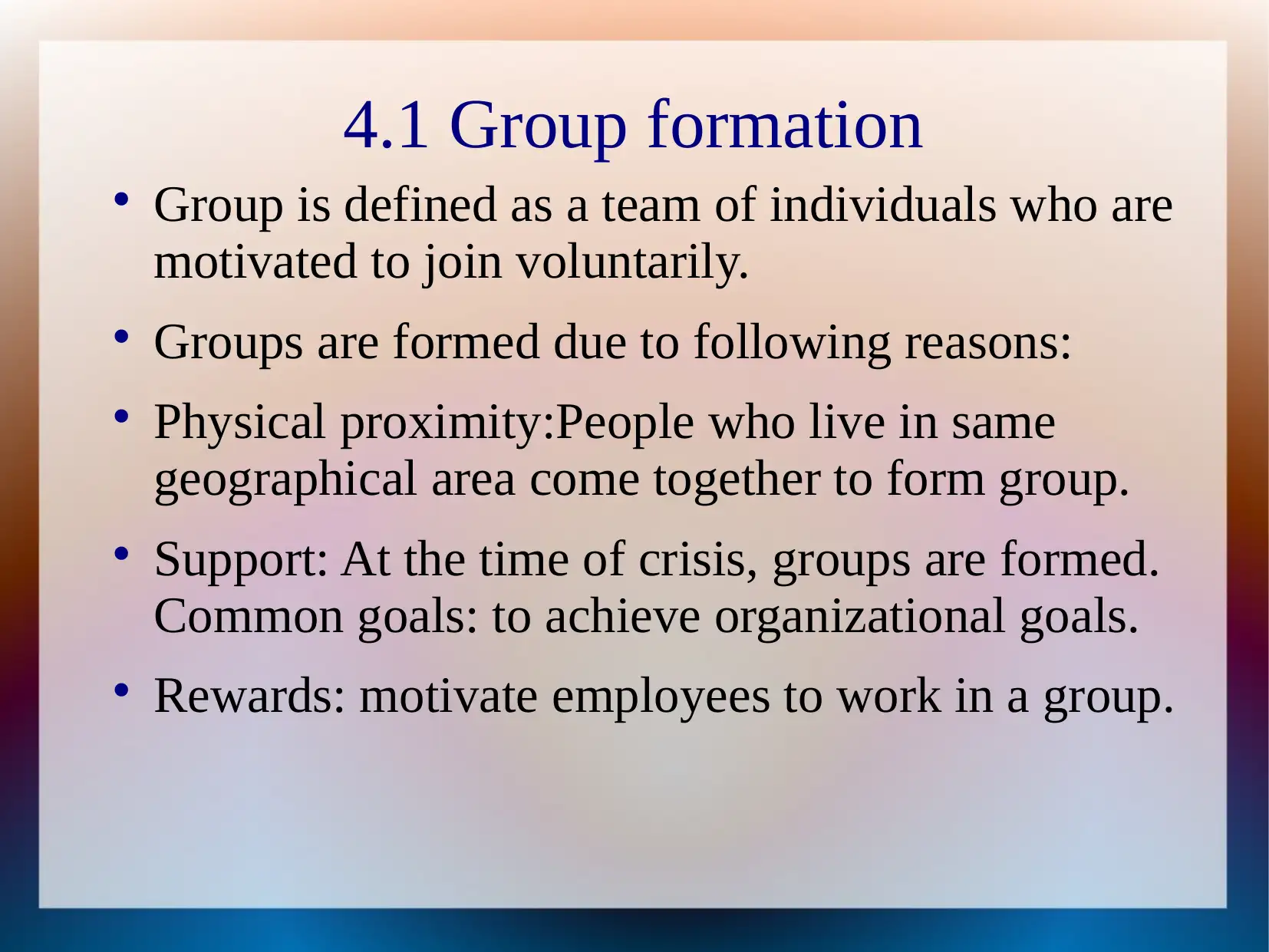

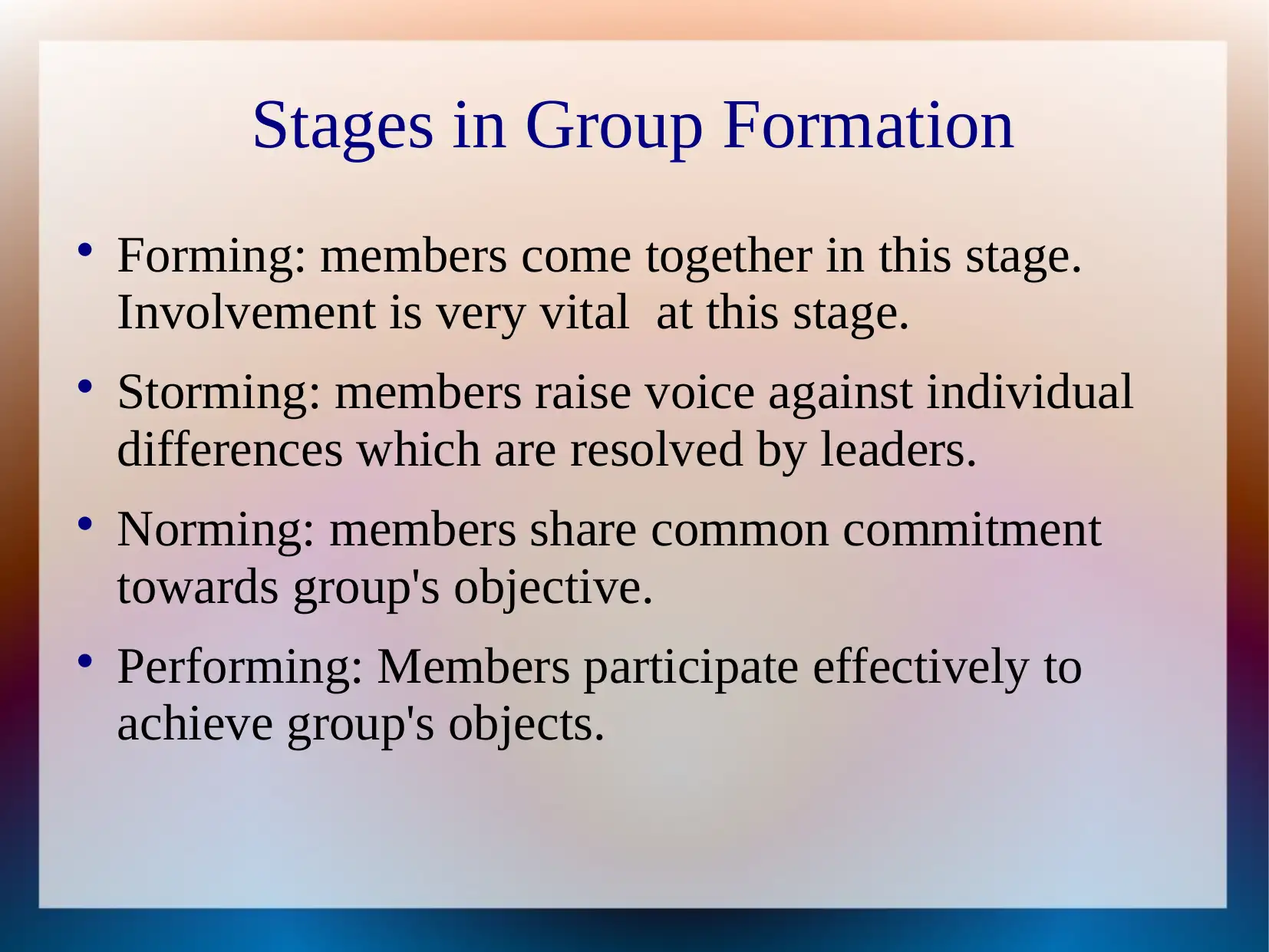
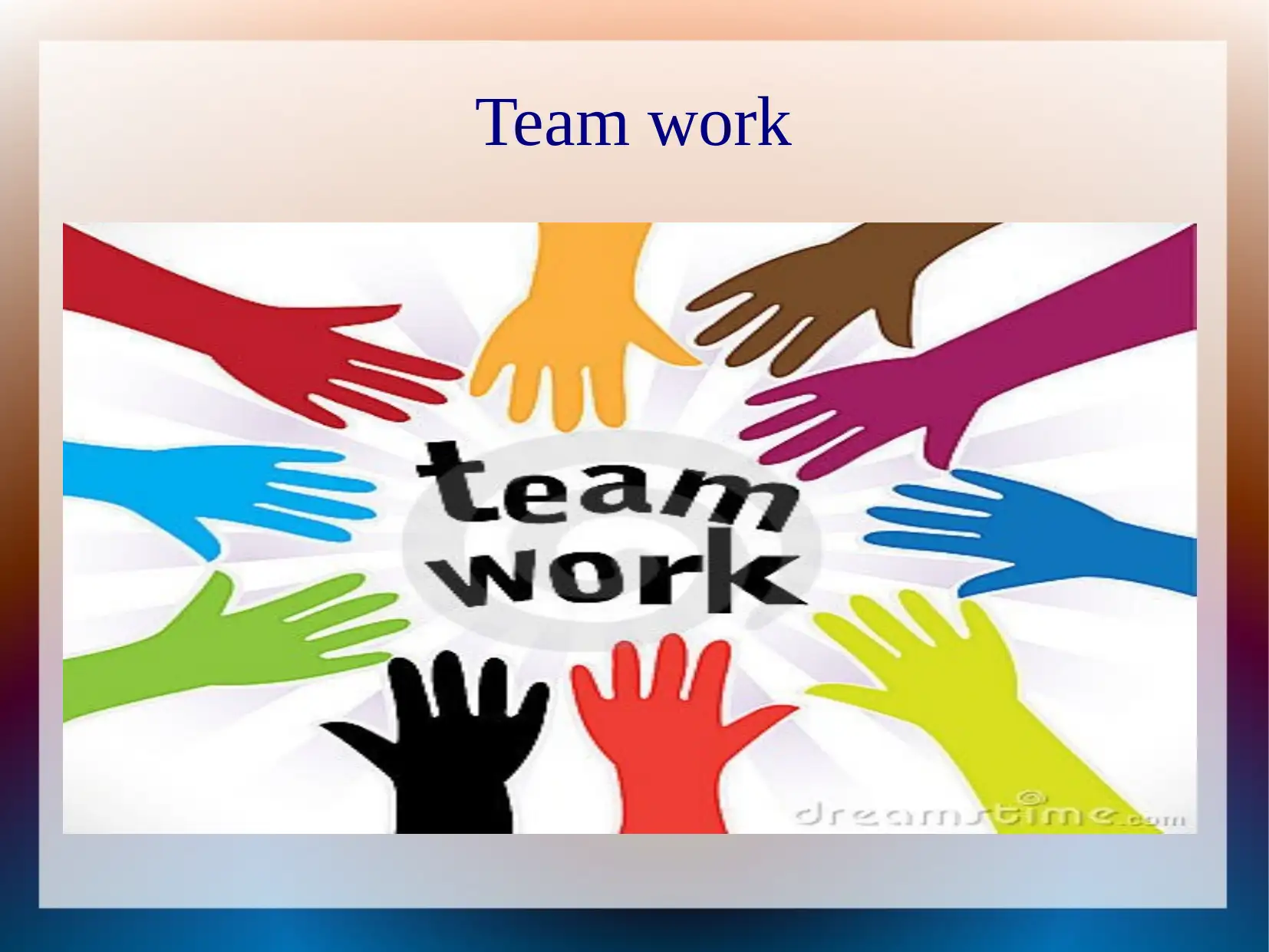
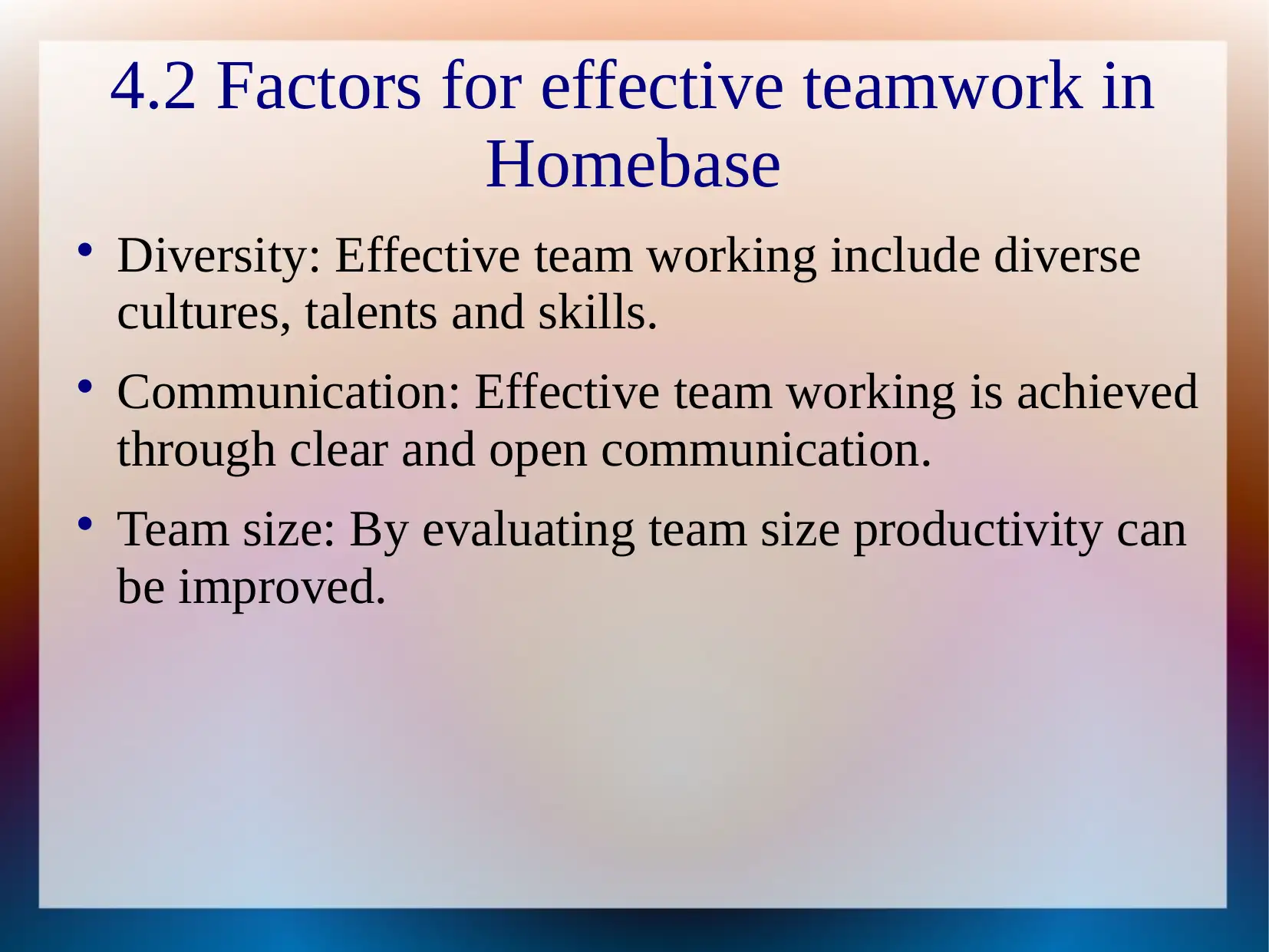
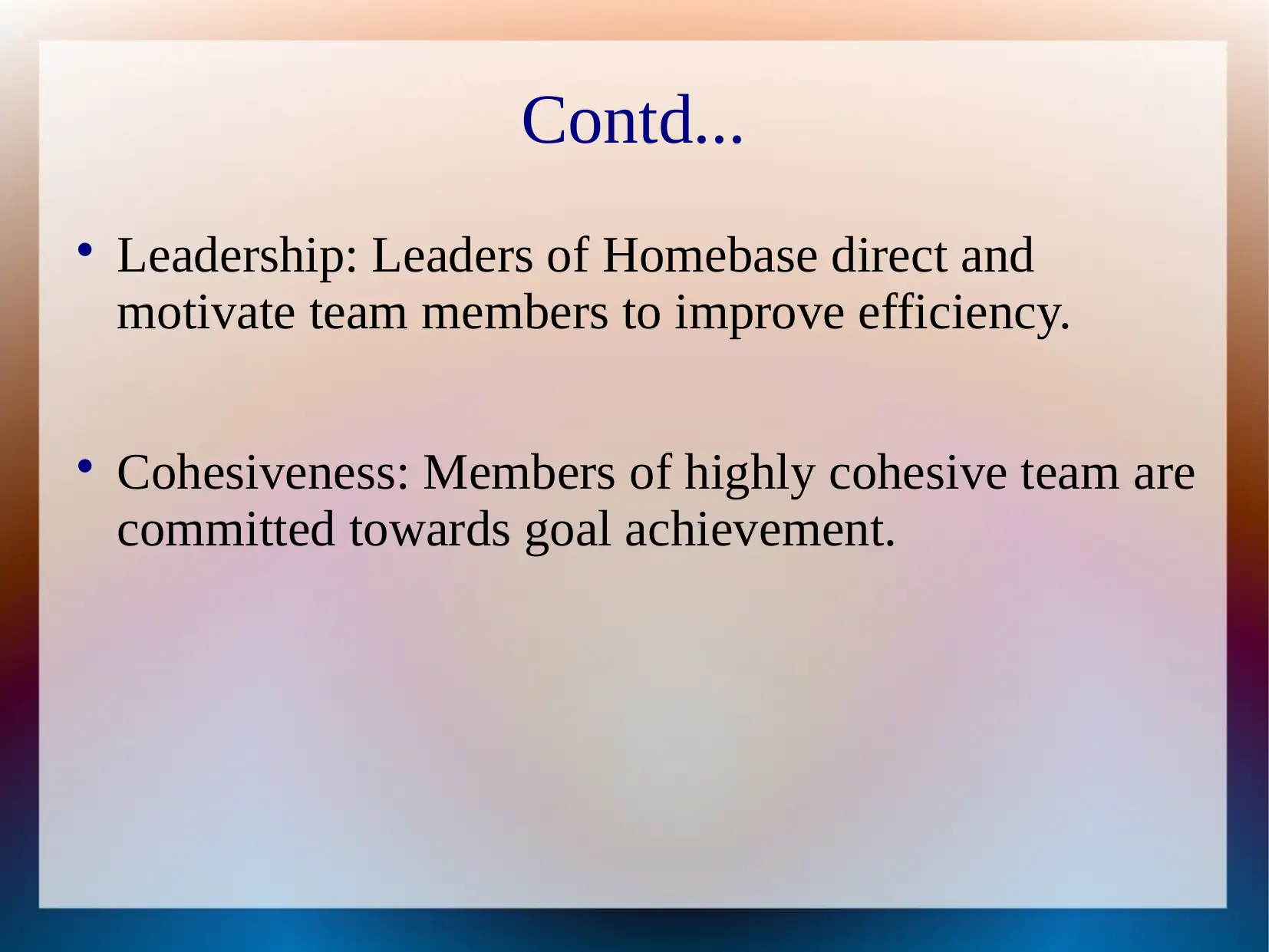
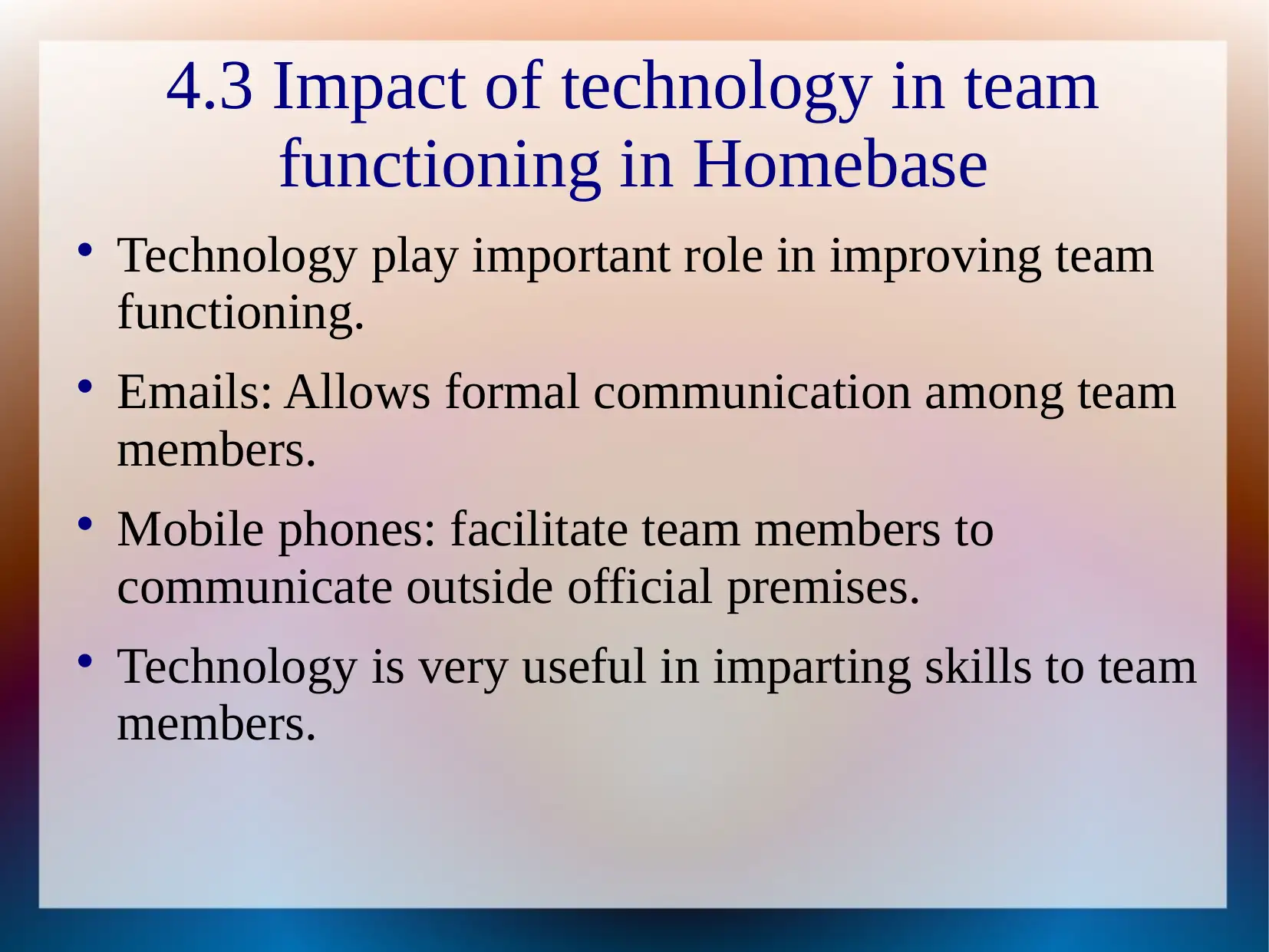
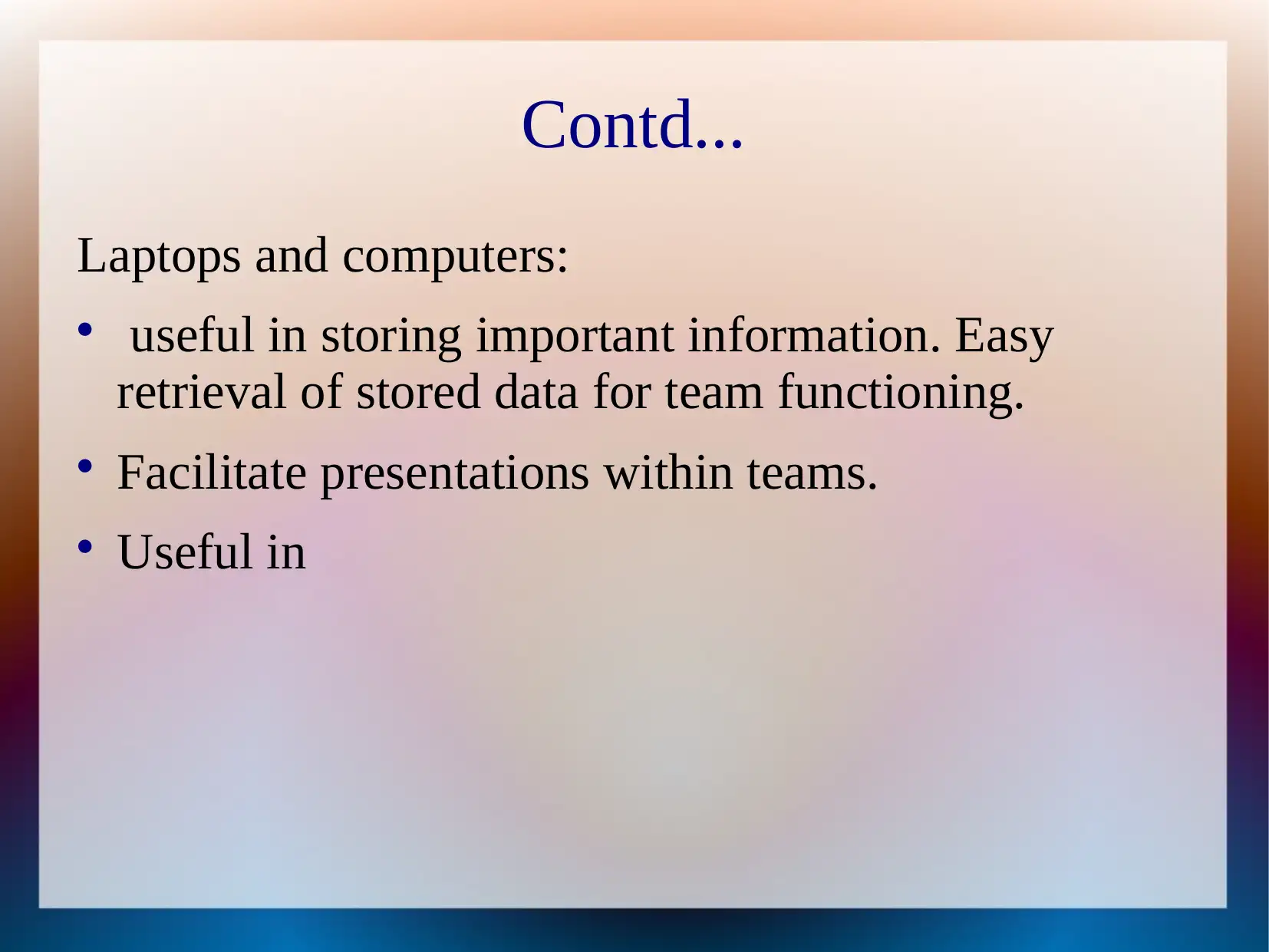
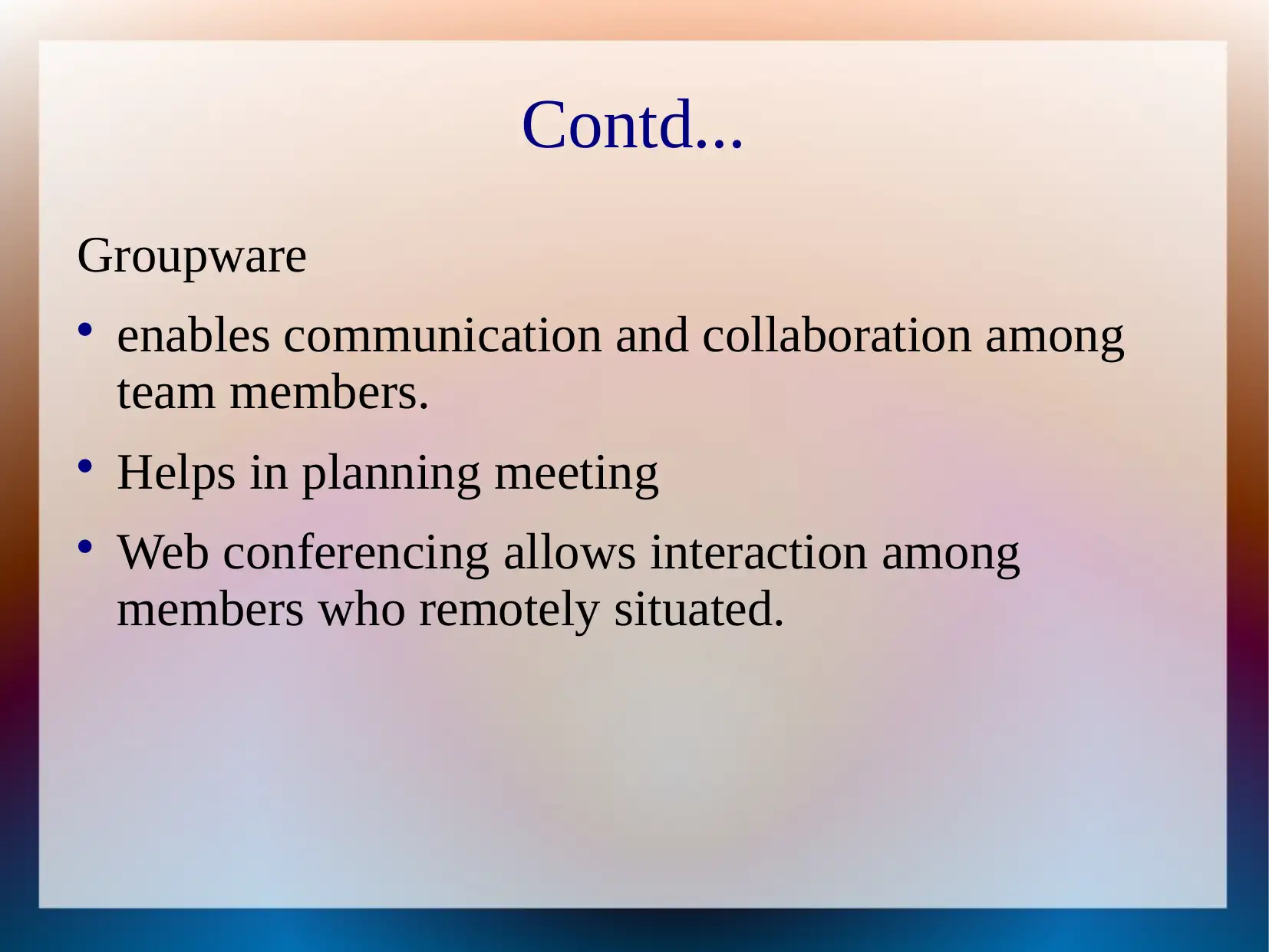
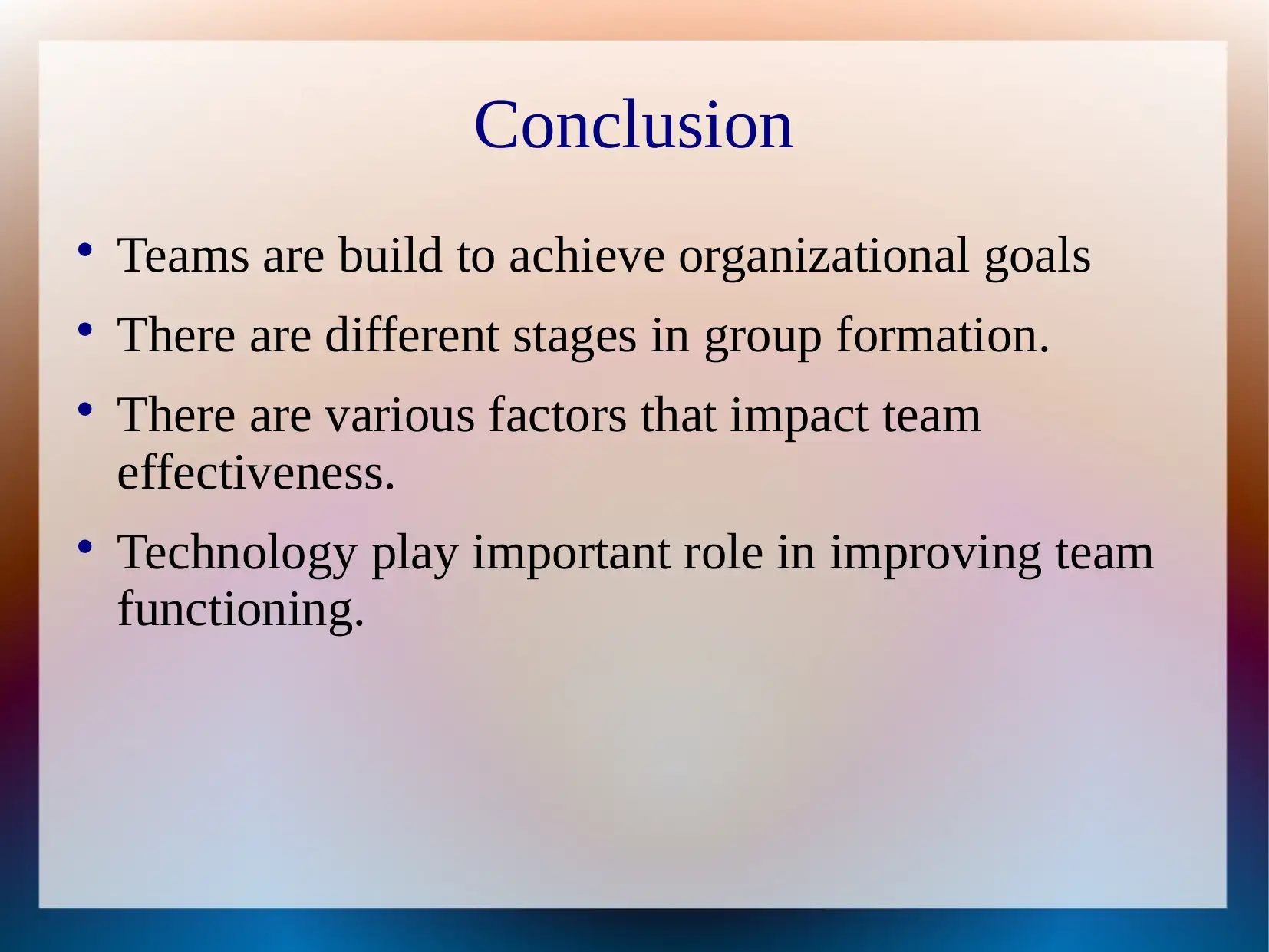
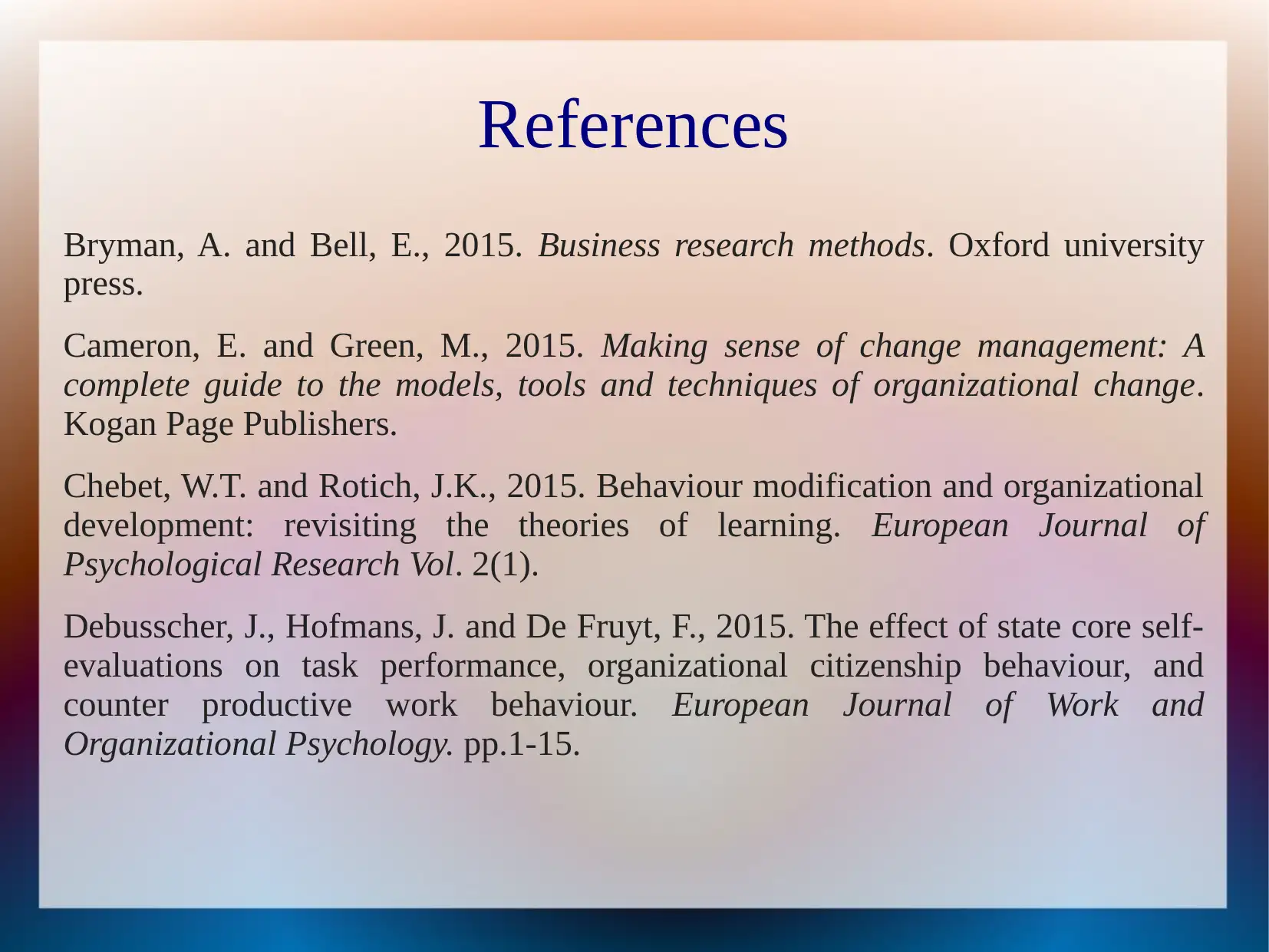






![[object Object]](/_next/static/media/star-bottom.7253800d.svg)